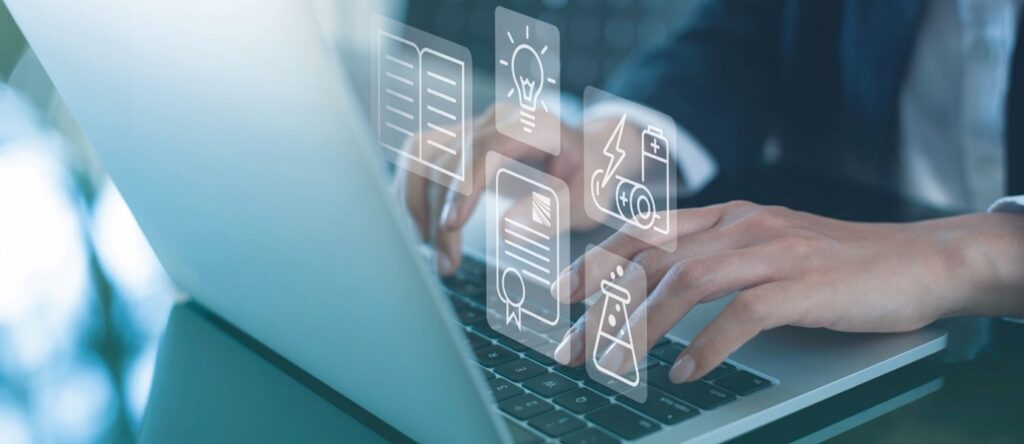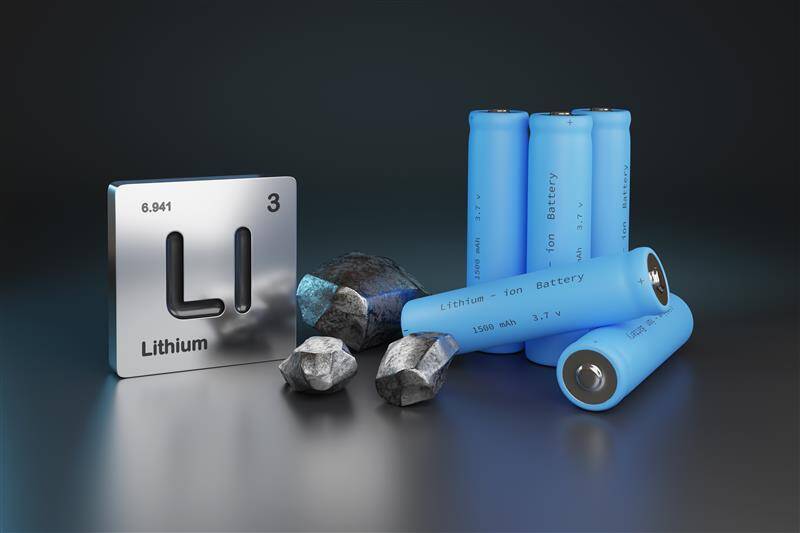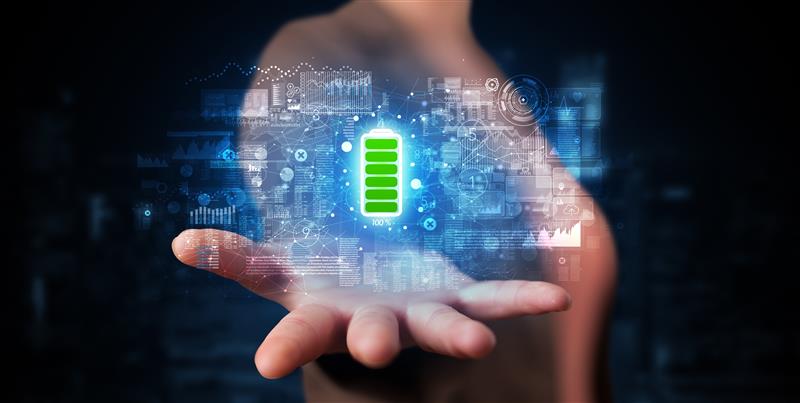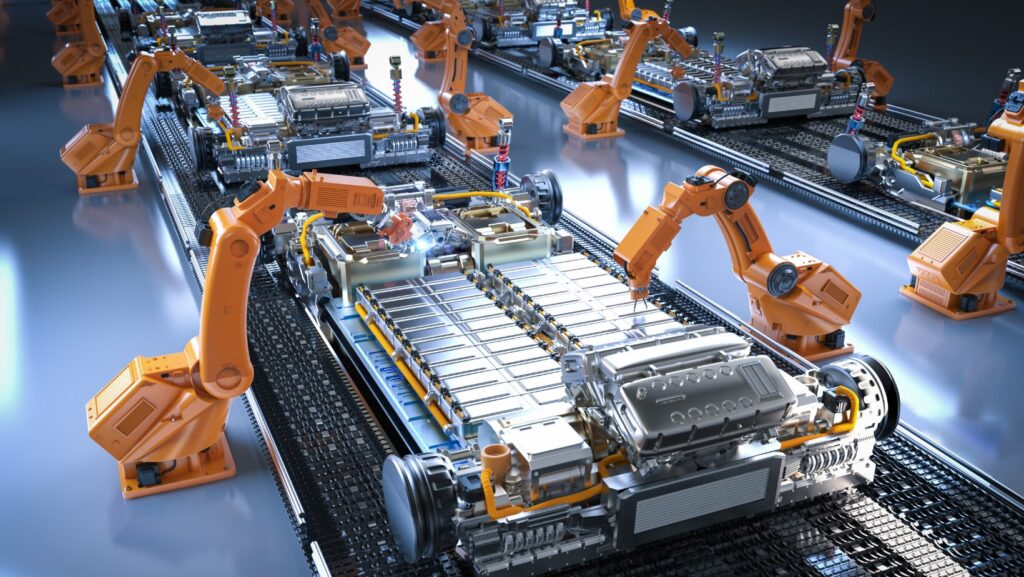Start Your Free Trial | Explore the »EBBC AT A GLANCE« and get familiar with the learning platform!
Fraunhofer battery institutes in collaboration
Researchers and developers from 26 Fraunhofer institutes have combined their competences in the Fraunhofer Battery Alliance.

Fraunhofer IFAM
Fraunhofer Institute for Manufacturing Technology and Applied Materials Research IFAM.
Material and process development for future battery technologies such as nanostructured electrodes for lithium-ion batteries, composites for all-solid-state batteries and metal air batteries. Fraunhofer IFAM stands as the host of the EBBC platform.
Fraunhofer ISI
Fraunhofer Institute for system and Innovation Research ISI.
International monitoring of technology and market developments and development of the framework conditions for energy storage devices/batteries for electromobility, stationary and (small) mobile applications, as well as national roadmapping for strategic support of research, industry and politics.
Fraunhofer ISC
Fraunhofer Institute for Silicate Research ISC.
Research on sustainable energy storage technologies – material and process development, testing and intelligent recycling of Li-on, solid-state and lead-acid batteries.
Fraunhofer IWKS
Fraunhofer Research Institution for Materials Recycling and Resource Strategies IWKS.
Research on the substitution of critical raw materials with more sustainable alternatives, the intelligent regeneration of materials in high technology products with regard to the longevity of products and the energy-efficient recovery of materials as sustainable precursos for production.
Fraunhofer ISIT
Fraunhofer Institute for Silicon Technology
Customer-specific development and manufacture of secondary batteries for special requirements up to system level, based on lithium-ion technology, the development and optimization of manufacturing processes and the development of new secondary batteries such as magnesium sulfur, lithium sulfur and calcium-ion Batteries.
Fraunhofer IST
Fraunhofer Institute for Surface Engineering and Thin Films IST
Development of scalable production processes for next-generation energy storage devices under consideration of the entire product life cycle – from raw materials extraction to recycling.
Fraunhofer HHI
Fraunhofer Institute for Telecommunications, Heinrich-Hertz-Institut, HHI
Development of new safety concepts for batteries based on photonic sensor technology with the objective of cost-effective production and integration in lithium-ion batteries for a wide variety of applications.
Fraunhofer FFB
Fraunhofer Research Institution for Battery Cell Production FFB
Large-scale production infrastructure for industry and for research to promote and accelerate innovations for economical and ecological battery cell production and for transfer to market maturity.
Fraunhofer IEE
Fraunhofer Institute for Energy Economics and Energy System
Technology Physical-electrochemical simulation of cells and battery systems for stationary and automotive applications, identificationof parameters for arbitrary battery simulation models, development and testing of battery hardware-in-the-loop systems, aging simulations for batteries.
Fraunhofer ILT
Fraunhofer Institute for Laser Technology ILT
Laser-based production technology from cell up to pack level, such as drying and functionalization of layers, structuring, manufacturing and connection of electrodes, bonding technology for module production and the investigation of new secondary batteries like thin-film or solid-state batteries.
Fraunhofer IPT
Fraunhofer Institute for Production Technology IPT
Innovative and sustainable process and machine development for the production of batteries with quality improvement through digitalization measures.
Fraunhofer LBF
Fraunhofer Institute for Structural Durability and System Reliability LBF
Multiphysical testing of traction batteries for electric vehicles according to mechanical, thermal, and electrical criteria as well as evaluation of system reliability and quantification of insecurity in electromobility.
Fraunhofer FEP
Fraunhofer Institute for Organic Electronics, Electron Beam and Plasma Technology FEP
Development of throughput-optimized vacuum thin film technologies in a roll-to-roll modus for current collectors, cathodes, anodes, electrolytes and separators.
Fraunhofer IKTS
Fraunhofer Institute for Ceramic Technologies and Systems IKTS
Battery development based on ceramic materials and processes with an emphasis on lithium and sodium systems, conventional cell concepts and solid-state approaches.
Fraunhofer IWS
Fraunhofer Institute for Material and Beam Technology IWS
Material, surface and laser technologies along the process chain for the development of novel battery cells, with current focus on the lithium-sulfur system.
Fraunhofer IVI
Fraunhofer Institute for Transportation and Infrastructure Systems IVI
User-oriented battery characterization, remote monitoring and predictive aging diagnostics, from the cell through to the vehicle fleet for current and future battery technologies.
Fraunhofer IWU
Fraunhofer Institute for Machine Tools and Forming Technology IWU
Development of lightweight construction and thermal management for vehicle batteries and their circular Economy.
Fraunhofer ITWM
Fraunhofer Institute for Industrial Mathematics ITWM
Development and application of physical models for the simulation of electrochemical energy storage devices from micrometer scale up to cell scale, with a focus on lithium-ion Cells.
Fraunhofer ICT
Fraunhofer Institute for Chemical Technology ICT
Safety tests on lithium-ion systems up to module level, gas analytics and other special analysis methods on cell and system level and development of new secondary batteries such as lithium-sulfur, solid-state and redox-flow batteries.
Fraunhofer IPA
Fraunhofer Institute for Manufacturing Engineering and Automation IPA
Development of production processes and production technologies for the manufacture of rechargeable batteries with the inclusion of Industry 4.0 technologies.
Fraunhofer EMI
Fraunhofer Institute for High-Speed Dynamics, Ernst-Mach-Institut, EMI
Investigation of strain-rate-dependent effects under mechanical abuse up to module level, and crash modeling of cells and modules.
Fraunhofer ISE
Fraunhofer Institute for Solar Energy Systems ISE
Material development, cell production processes, module and system development, battery tests according to common norms and standards and quality assurance for energy storage plants.
Fraunhofer IWM
Fraunhofer Institute for Mechanics of Materials IWM
Simulation of battery materials on atomistic and quantum chemical level, as well as simulation of the crash behavior of battery systems.
Fraunhofer IGCV
Fraunhofer Institute for Casting, Composite and Processing Technology IGCV
Materials and process research in the field of conventional lithium-ion batteries and solid-state batteries, as well as development and testing of cell, module and storage systems in the target format.
Fraunhofer IISB
Fraunhofer Institute for Integrated Systems and Device Technology IISB
Development of battery systems with a battery management system (foxBMS® is used as a free, open and flexible development environment) and integrated power electronics for mobile and stationary applications.
Fraunhofer IIS
Fraunhofer Institute for Integrated Circuits IIS
World-class research on microelectronic and IT system solutions and services. Research revolves around two guiding topics, “Audio and Media Technologies” and “Cognitive Sensor Technologies”.
Fraunhofer Battery Alliance
The 26 member institutes of the Fraunhofer Battery Alliance develop technical and conceptual solutions along the entire value chain of electrochemical energy storage systems up to the application level on behalf of customers or in publicly funded projects together with industry. Our expertise and many years of experience range from materials development to system integration of mobile and stationary storage systems.
Our experts
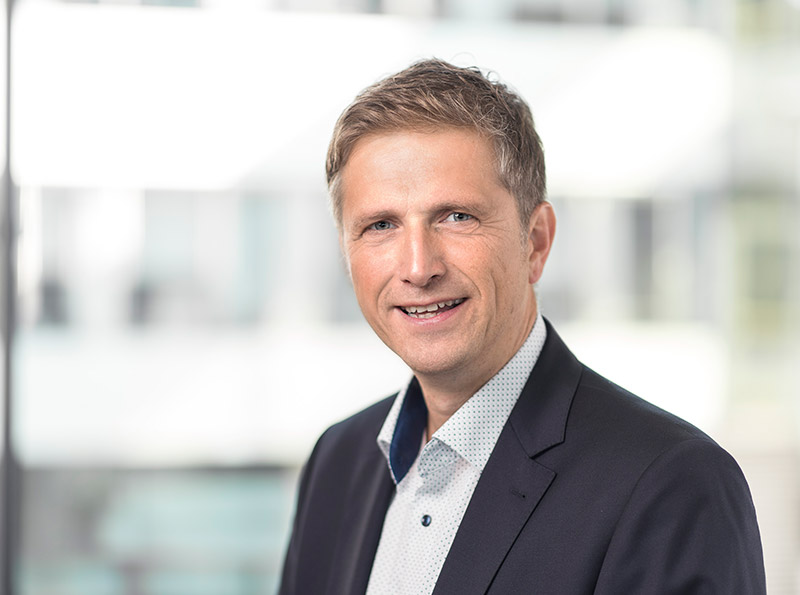
I studied physics at the University of Ulm and Kiel with University degree in Physics from the University of Kiel, Germany. Ph.D. in material science with focus on all solid state batteries with special research interests in solid state electrolytes for lithium ion batteries at the chair for Sensors and Solid State Ionics at Christian-Albrechts-University of Kiel.
After doctorate working as R & D Project Manager in semiconducting industry. In 2007 I joined the Fraunhofer Institute for Manufacturing Technology and Advanced Materials IFAM in Bremen and since 2009 I am head of department for Electrical Energy Storage. The research interests are in the field of component and system development for electrical energy storage technologies and their applications. The special focus is on next generation batteries and the associated manufacturing technologies.
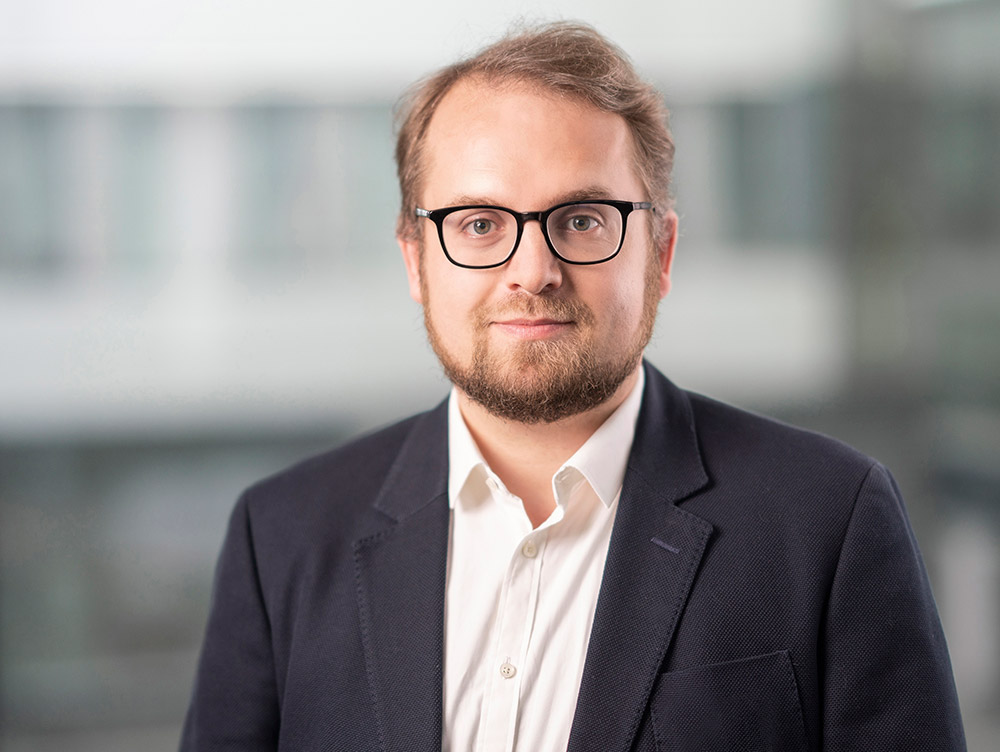
Since 2019 I am working as a project manager at Fraunhofer IFAM in Bremen. In the Electrical Energy Storage department, I work on the synthesis of innovative battery materials of the latest generation, their integration into electrochemical cells and the characterization of battery cells and modules.
Before that, I worked as a research assistant in the research group “Innovative Sensor and Functional Materials” at the University of Bremen from 2014 to 2018. From 2010 to 2014, I was a PhD student at the Interdisciplinary Center for Materials Science at the University of Halle/Wittenberg. My dissertation dealt with investigations on the morphology and composition of 0-3 composite dielectrics of novel capacitors for energy storage.
Before my doctorate, I completed my Master of Science Materials Science at the University of Leipzig. I also obtained my Bachelor of Science in Chemistry at the University of Leipzig.
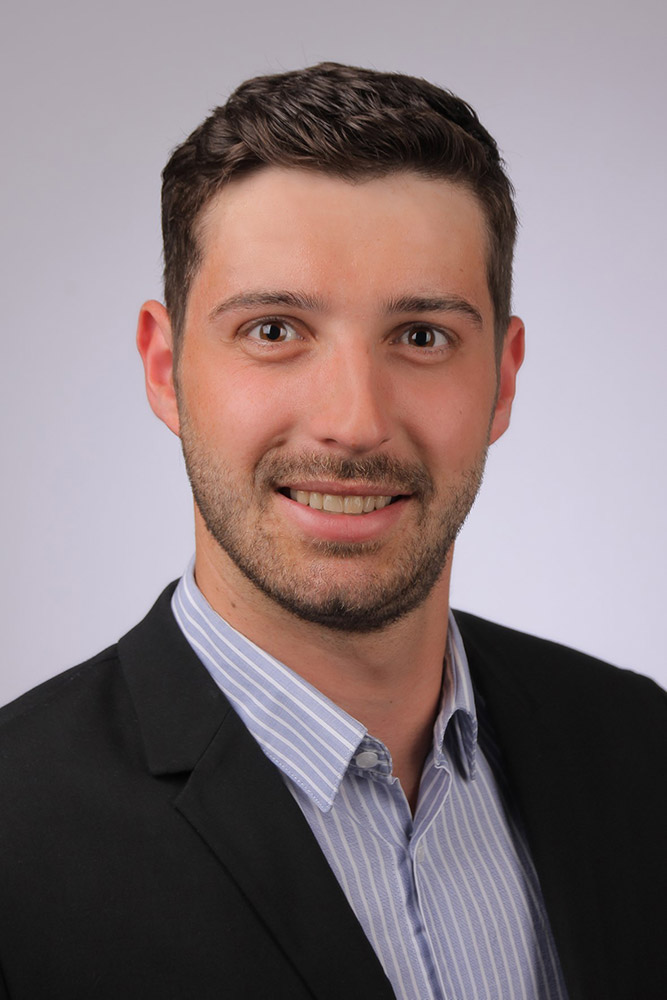
Hi, my name is Tim Wicke and I’m a process engineer from Karlsruhe. I started at Fraunhofer ISI’s Competence Center for Emerging Technologies in May 2021 as research associate and PhD candidate.
There in my day-to-day project work, I mainly deal with analyzing market demands and technical trends in energy storage and electric mobility. Next to that, my doctoral thesis is about a multi-criteria technology assessment of lithium-ion battery manufacturing plants.
Before my job as a scientist at Fraunhofer ISI, I studied at the Karlsruhe Institute of Technology. During my studies, I immersed myself in energy topics like fuel cells and batteries. As part of this I gained practical experience during internships at the Öko-Institut in Freiburg and the company Sunfire Fuel Cells in Neubrandenburg.
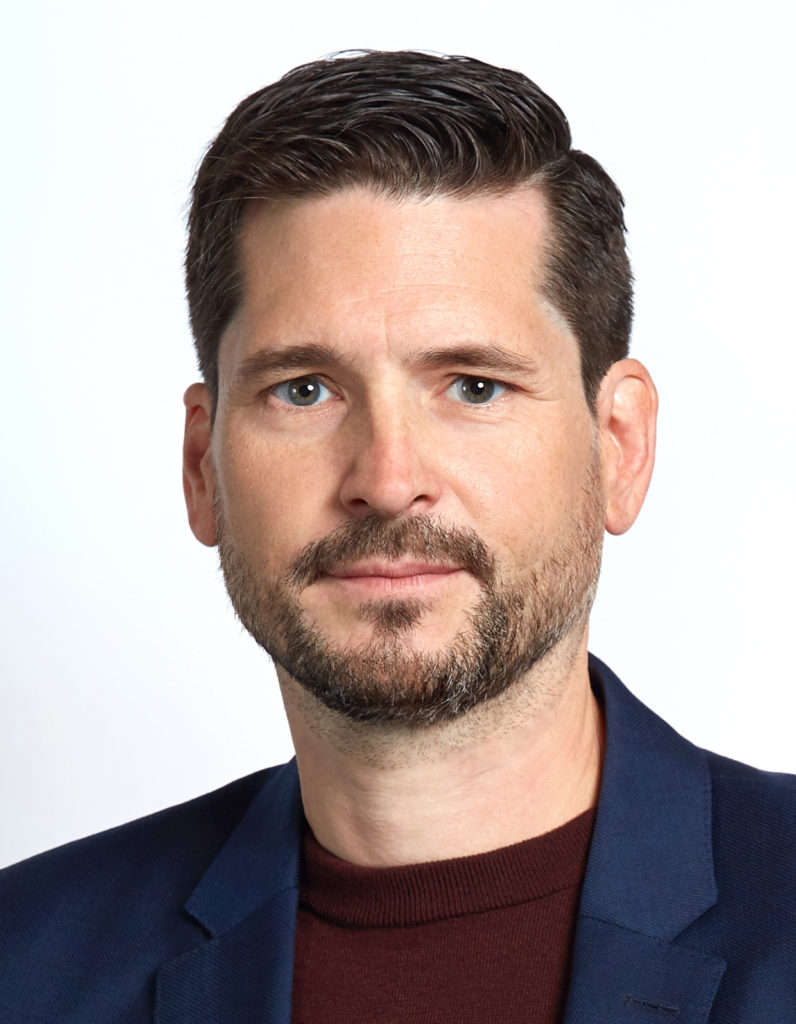
I delved deeper into the field, earning my Ph.D. at the Institute of Nanotechnology, University of Karlsruhe, where I specialized in nanotechnolgy in the field of molecular electronics. After my doctorate, I briefly worked as a patent engineer, bridging the gap between research and practical application.
Since 2007, my career has been anchored at the Fraunhofer Institute for Systems and Innovation Research ISI. Here, I’ve played a pivotal role in emerging technologies such as nanotechnology and battery technology research, leading projects and coordinating initiatives.
Currently, I’m at the forefront of battery technology supporting the German BMBF with accompanying research on battery technology development, as guest of the German Battery Research Advisory Board (Beirat Batterieforschung Deutschland), and as the co-lead of the Task Force “Education & Skills” in the Battery Europe Partnership Association BEPA. With my I intend to foster innovation and help shaping the future of these fields.
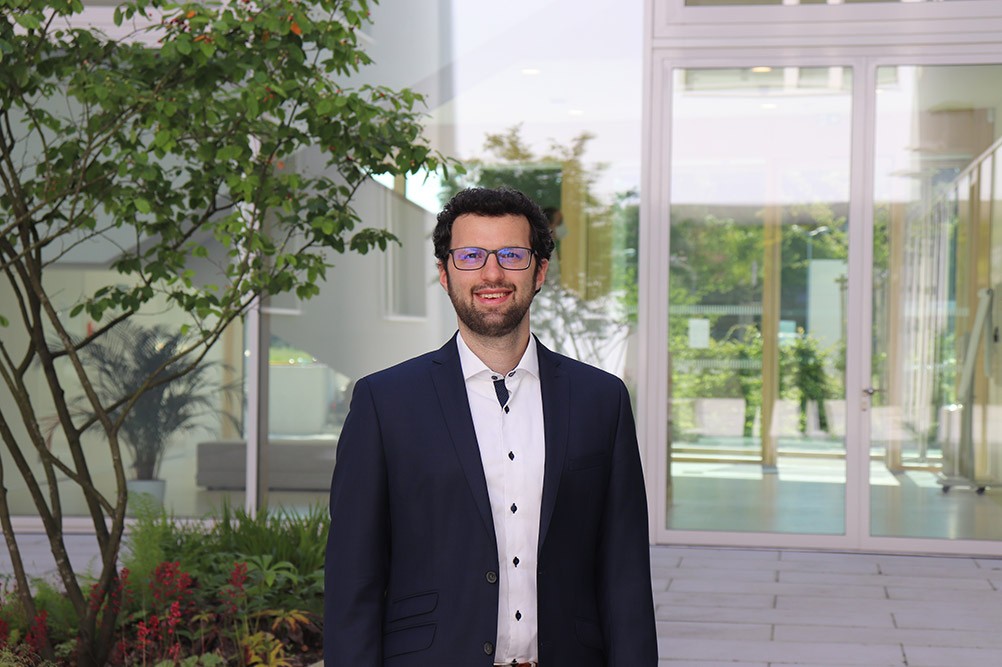
I studied chemistry at the Karlsruhe Institute of Technology (KIT) with a focus on physical chemistry and electrochemistry. I already worked on electrical energy storage devices during that time, fuel cells and redox flow batteries.
Afterwards, I took a detour to electrochemical recycling during my PhD. At the University of Stuttgart in cooperation with Fraunhofer Institute for Manufacturing Engineering and Automation IPA, I recovered neodymium from permanent magnets.
I work at Fraunhofer Research Institution for Materials Recycling and Resource Strategies IWKS in Hanau since 2018. I started as a researcher and project leader in battery recycling with a focus on end-of-life electrochemical testing, dismantling and mechanical fragmentation of lithium-ion batteries. We developed a unique recycling process for black mass with high purity output. We successfully transferred the technologies to the recycling of proton exchange membrane fuel cells (PEMFC) which became an additional field of my research. At Fraunhofer, we typically work in pilot scale instead of laboratory scale to enable a quick transfer of our technologies to industry.
In the EBBC project, I am responsible for all technological input in Track 3 concerning battery recycling. My experience was basis of several videos in this track to give you a hands-on impression of battery recycling processes.
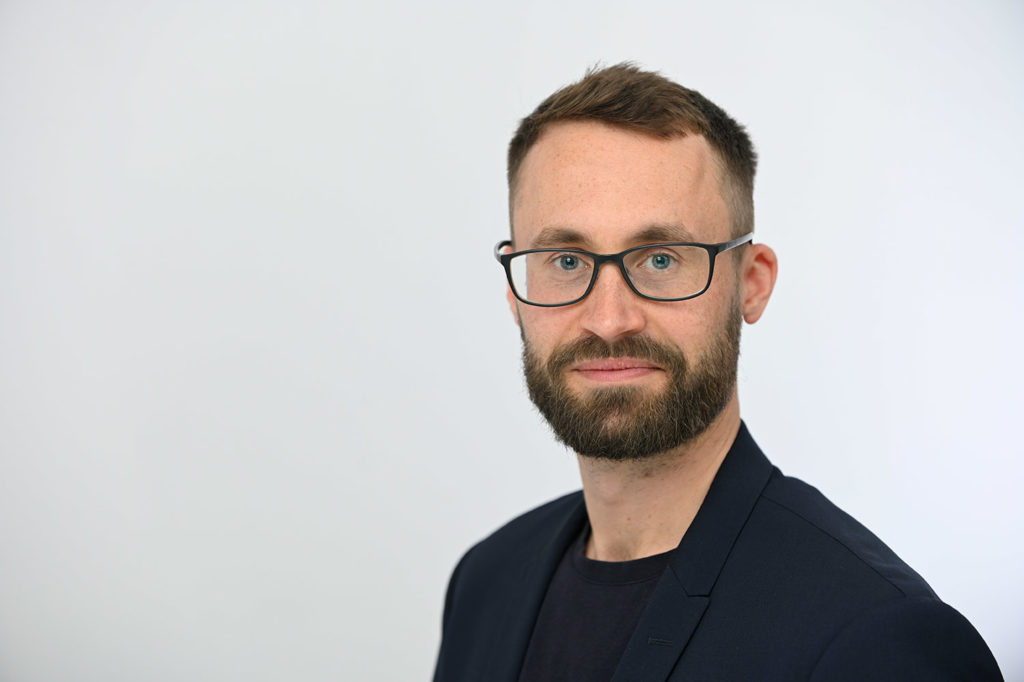
I am a senior scientist and project manager at Fraunhofer Institute for Systems and Innovation Research ISI where I am involved in research projects on the analysis of new technologies and emerging markets.
I did my PhD in the field of solid-state physics and Li-ion batteries. Specifically, I investigated how novel cathode materials such as Li(Mn,Fe)PO4 and LiCoPO4 can be synthesized and optimized for energy storage applications. During my post-doc, I managed the laboratory for synthesis and crystal growth at the Kirchhoff Institute for Physics in Heidelberg and oversaw research activities on the growth of mm-sized to nm-sized crystals.
At Fraunhofer ISI, I was able to continue my interest in battery research and have been working on the industrial implementation of new technologies ever since. One of my main focuses is still in the field of cathode materials, but I am now also privileged to work on the topics of battery cell production and battery recycling as well. I enjoy passing on the knowledge I have gained there in the context of industry and political consulting.
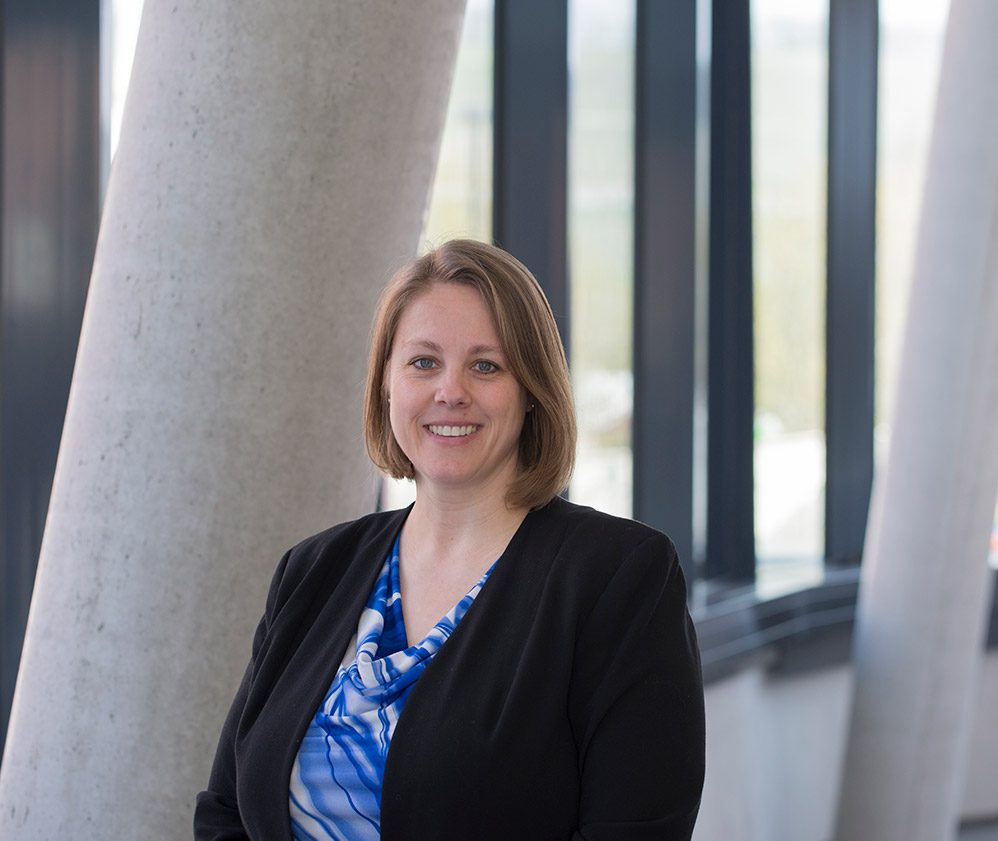
I finalized my Ph.D. in Chemistry at the University of Oklahoma, USA, in May 2009. Since October 2019, I´m a habilitation candidate at the faculty of Chemistry and Pharmacy at Julius Maximilians University of Würzburg.
I have over 10 years of experience in development and characterization of materials for electrochemical conversion and storage applications. My current position is scientific head of Fraunhofer R&D Center for Electromobility Bavaria. In parallel, I´m working as a lecturer at the University of Würzburg on Electrochemical Energy Storage and Conversion.
The collaboration in many EU, German and Industrial Projects on Battery Materials and Components is another professional focus.
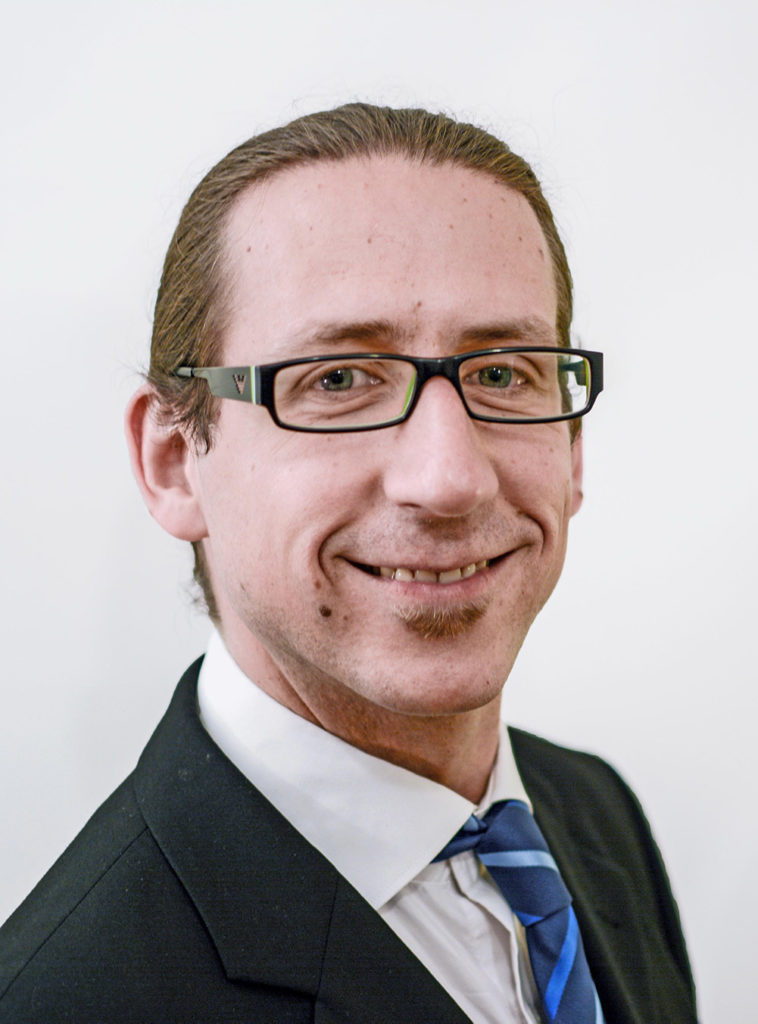
Hi, I’m Thomas Schmaltz, a materials scientist with a diploma from the Friedrich-Alexander-Universität Erlangen-Nürnberg (FAU). In my studies I focused on functional materials for energy applications and on polymer materials. During my PhD at the FAU, I investigated self-assembled organic materials in electronic devices.
Afterwards, I joined the École Polytechnique Fédérale de Lausanne (EPFL) in Switzerland as a postdoctoral researcher. Besides from academic research, I was heavily involved in teaching activities.
In 2018, I joined the Fraunhofer Institute for Systems and Innovation Research ISI. At the ISI, I am investigating and analyzing scientific-technical developments and application scenarios of emerging technologies in the fields of microelectronics, quantum technologies, battery technologies and materials science.
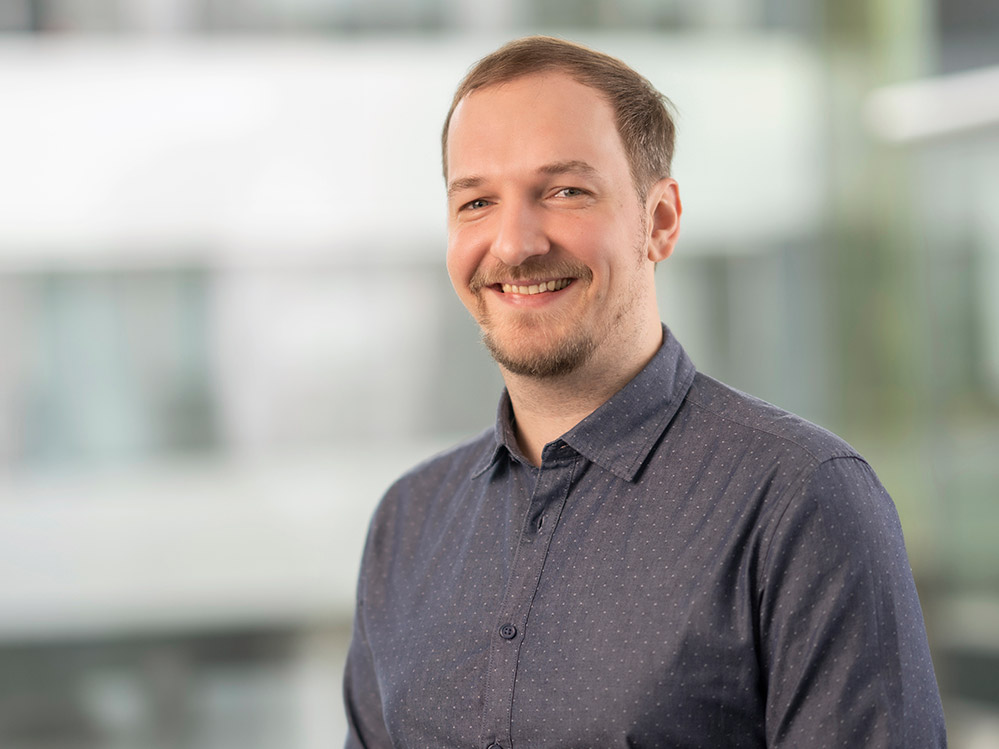
Hello, I am Marcel Reisch, a Scientist and Project Manager at the Fraunhofer Institute for Manufacturing Technology and Advanced Materials IFAM. My expertise lies at the intersection of scientific research and project leadership.
I completed my master’s degree at Fraunhofer IFAM, with the focus on Zink-Ion-Batteries. Specifically, my research has centred around the production and analysis of large-scale electrodes, with a particular focus on parameter identification for ensuring the long-term viability of scalable Zink-Ion-cell systems.
Since January 2022 I started my dual role as a scientist and project manager, where I actively lead research projects in the wide and dynamic field of electrical energy storage. I am practically involved in the development and production of the complete process chain of the battery production from the starting powder to the complete assembly of the cell on a laboratory scale up to the electrochemical analysis.
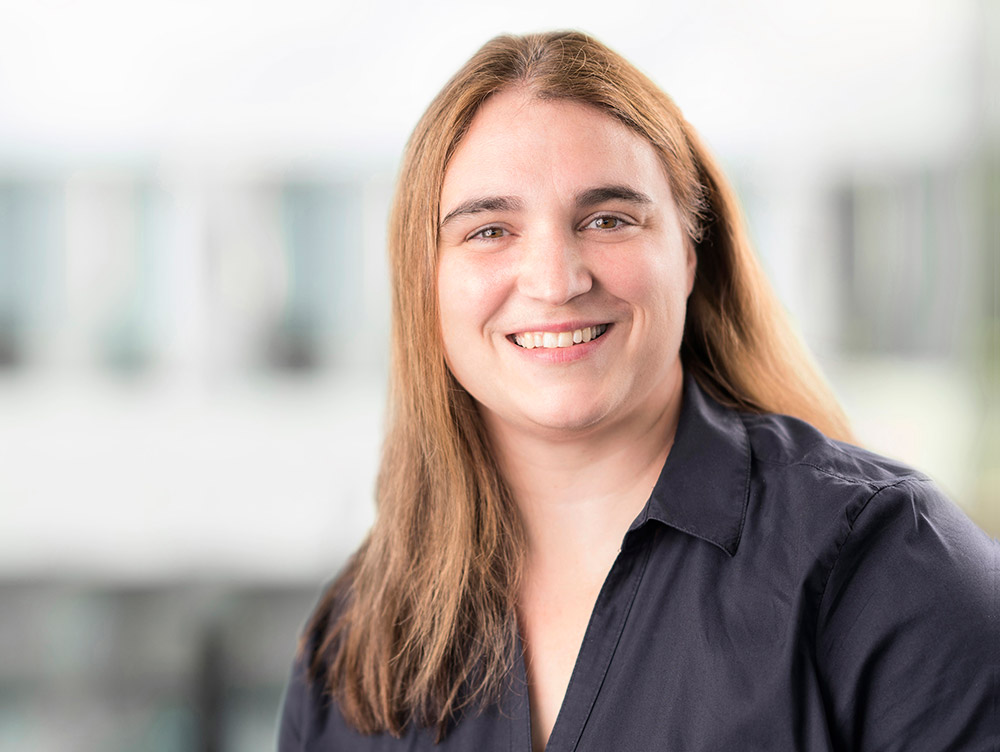
Hello, I am Daniela Fenske. I finalized my Ph.D. in Chemistry at the University of Oldenburg in 2009. In that year I joined the Fraunhofer Institute for Manufacturing Technology and Advanced Materials IFAM being part of the buildup of the energy storage labs and facilities from scratch.
My current position is Group Leader for new electrochemical technologies and cell diagnostics in the Energy Storage Department. The focus lays in the development of novel, sustainable battery technologies – from material to the cell and a digitization strategy for an efficient and sustainable use of battery data.
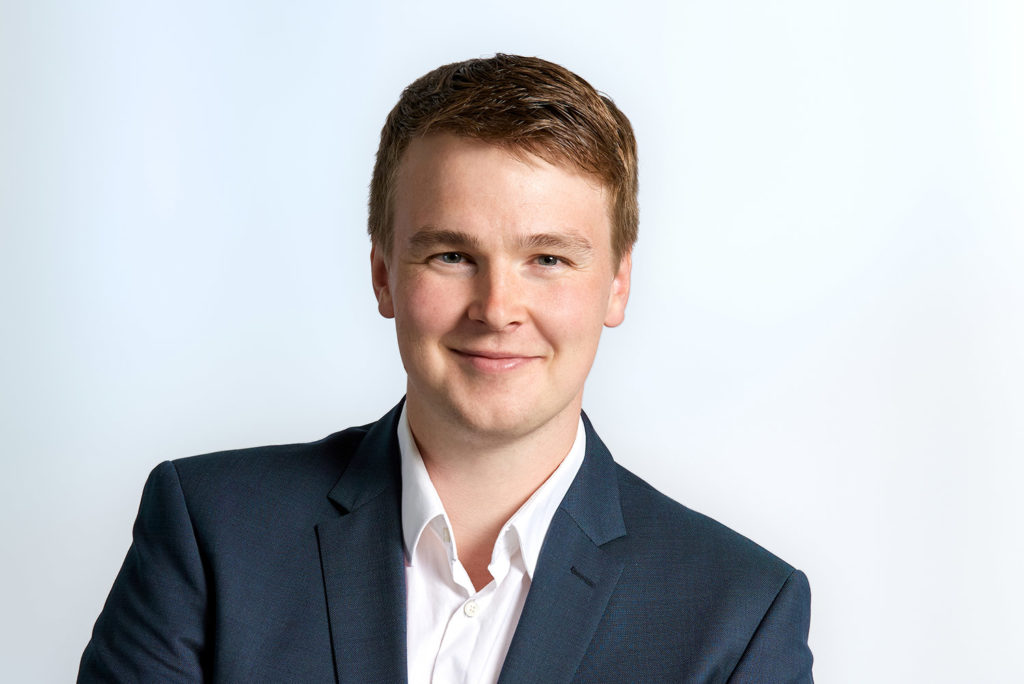
Hi, I’m Lukas Weymann, a physicist with a journey starting at Leibniz Universität Hannover, leading to a master’s at the Max Planck Institute for Gravitational Physics, where I researched gamma rays and pulsars. I then pursued a PhD in solid-state spectroscopy at the Vienna University of Technology, focusing on magnetoelectric materials.
Passionate about science communication, I’ve been editing the “5MinutenClimateChance” podcast since 2020, emphasizing climate change and sustainability. This commitment earned me the Austrian Environmental Journalism Award and the Austrian SDG Award in 2020.
Since May 2021, I’ve been at Fraunhofer ISI’s Competence Center for New Technologies, working on lithium-ion battery technology and analyzing market demands in energy storage and electric mobility. This role blends my scientific background with practical applications, addressing current technological challenges.
Lukas about EBBC (video) →
Lucas about his expertise (video) →
Read more about Lucas →
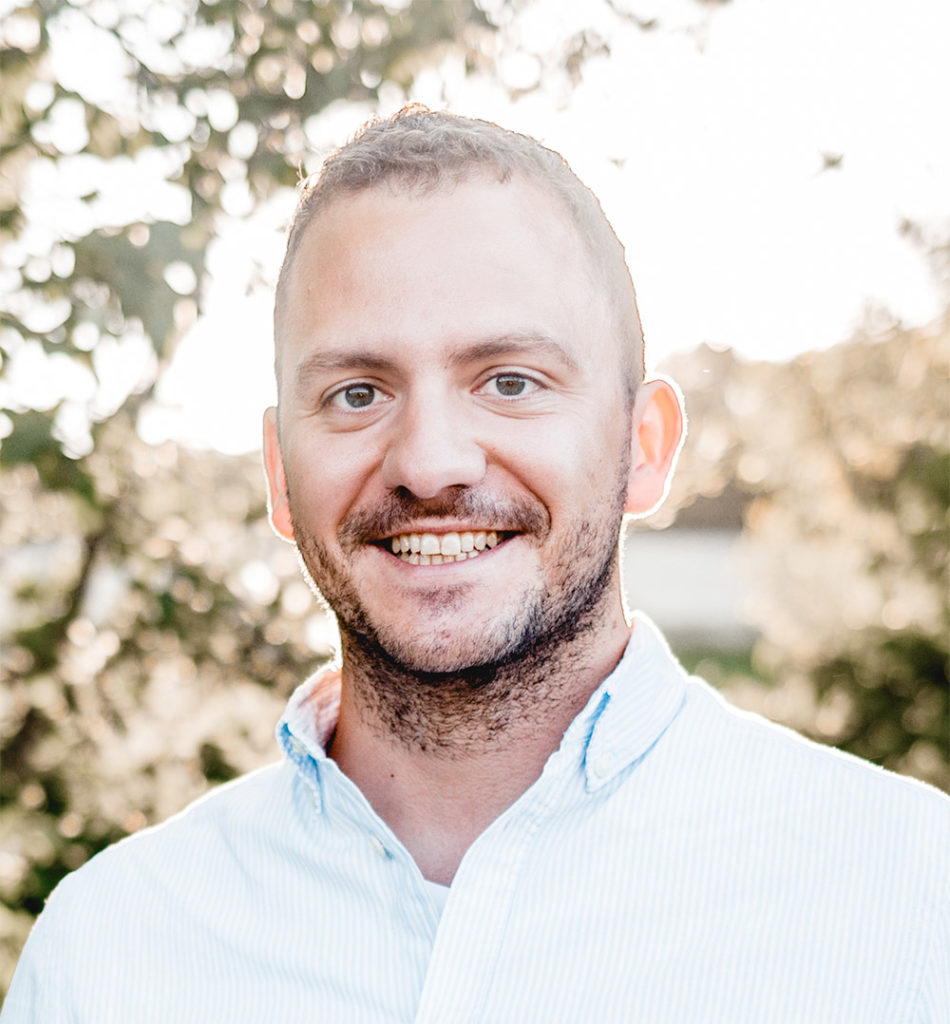
Hi, I’m Maximilian Stephan. My academic background is in Economics at the Ruprecht Karl University of Heidelberg and Business Administration and Engineering at the University of Applied Sciences in Pforzheim and Karlsruhe, the latter of which I graduated with a Master’s degree in 2021. During my studies, I gained industrial experience in the automotive sector and started my academic journey as a student assistant at the Fraunhofer Institute for Systems and Innovation Research ISI in 2020.
I delved deeper into the field of battery technology research, battery (application) markets and battery value chain analysis and have been working as a research associate in this field since December 2021. My intented PhD thesis deals with the multi-criteria assessment of emerging battery technologies for sustainable battery value chains.
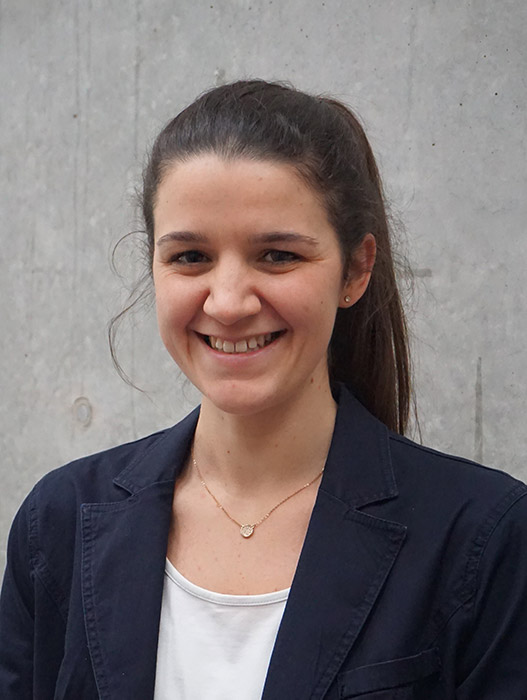
I am Leonie Wenzel, as an environmental engineer in the department “Digitalization of Resources” specializing in waste and recycling management. After completing my Master’s degree in 2022, I started working as a research assistant at Fraunhofer IWKS in Alzenau.
In my work, I am involved in various projects to promote the circular economy. In the group, we deal with separation and sorting technologies with the aim of improving the processes of mixed material flows and the recovery of raw materials from these flows. We also specialize in the life cycle assessment of products and processes. Regarding Lithium-Ion-Batteries we are not only focusing on the fragmentation but also on the recovery on the solid materials even up to deal with the waste waters.
Our experts

I studied physics at the University of Ulm and Kiel with University degree in Physics from the University of Kiel, Germany. Ph.D. in material science with focus on all solid state batteries with special research interests in solid state electrolytes for lithium ion batteries at the chair for Sensors and Solid State Ionics at Christian-Albrechts-University of Kiel.
After doctorate working as R & D Project Manager in semiconducting industry. In 2007 I joined the Fraunhofer Institute for Manufacturing Technology and Advanced Materials IFAM in Bremen and since 2009 I am head of department for Electrical Energy Storage. The research interests are in the field of component and system development for electrical energy storage technologies and their applications. The special focus is on next generation batteries and the associated manufacturing technologies.

I delved deeper into the field, earning my Ph.D. at the Institute of Nanotechnology, University of Karlsruhe, where I specialized in nanotechnolgy in the field of molecular electronics. After my doctorate, I briefly worked as a patent engineer, bridging the gap between research and practical application.
Since 2007, my career has been anchored at the Fraunhofer Institute for Systems and Innovation Research ISI. Here, I’ve played a pivotal role in emerging technologies such as nanotechnology and battery technology research, leading projects and coordinating initiatives.
Currently, I’m at the forefront of battery technology supporting the German BMBF with accompanying research on battery technology development, as guest of the German Battery Research Advisory Board (Beirat Batterieforschung Deutschland), and as the co-lead of the Task Force “Education & Skills” in the Battery Europe Partnership Association BEPA. With my I intend to foster innovation and help shaping the future of these fields.

I finalized my Ph.D. in Chemistry at the University of Oklahoma, USA, in May 2009. Since October 2019, I´m a habilitation candidate at the faculty of Chemistry and Pharmacy at Julius Maximilians University of Würzburg.
I have over 10 years of experience in development and characterization of materials for electrochemical conversion and storage applications. My current position is scientific head of Fraunhofer R&D Center for Electromobility Bavaria. In parallel, I´m working as a lecturer at the University of Würzburg on Electrochemical Energy Storage and Conversion.
The collaboration in many EU, German and Industrial Projects on Battery Materials and Components is another professional focus.

Hello, I am Daniela Fenske. I finalized my Ph.D. in Chemistry at the University of Oldenburg in 2009. In that year I joined the Fraunhofer Institute for Manufacturing Technology and Advanced Materials IFAM being part of the buildup of the energy storage labs and facilities from scratch.
My current position is Group Leader for new electrochemical technologies and cell diagnostics in the Energy Storage Department. The focus lays in the development of novel, sustainable battery technologies – from material to the cell and a digitization strategy for an efficient and sustainable use of battery data.
See all experts

Since 2019 I am working as a project manager at Fraunhofer IFAM in Bremen. In the Electrical Energy Storage department, I work on the synthesis of innovative battery materials of the latest generation, their integration into electrochemical cells and the characterization of battery cells and modules.
Before that, I worked as a research assistant in the research group “Innovative Sensor and Functional Materials” at the University of Bremen from 2014 to 2018. From 2010 to 2014, I was a PhD student at the Interdisciplinary Center for Materials Science at the University of Halle/Wittenberg. My dissertation dealt with investigations on the morphology and composition of 0-3 composite dielectrics of novel capacitors for energy storage.
Before my doctorate, I completed my Master of Science Materials Science at the University of Leipzig. I also obtained my Bachelor of Science in Chemistry at the University of Leipzig.

Hi, my name is Tim Wicke and I’m a process engineer from Karlsruhe. I started at Fraunhofer ISI’s Competence Center for Emerging Technologies in May 2021 as research associate and PhD candidate.
There in my day-to-day project work, I mainly deal with analyzing market demands and technical trends in energy storage and electric mobility. Next to that, my doctoral thesis is about a multi-criteria technology assessment of lithium-ion battery manufacturing plants.
Before my job as a scientist at Fraunhofer ISI, I studied at the Karlsruhe Institute of Technology. During my studies, I immersed myself in energy topics like fuel cells and batteries. As part of this I gained practical experience during internships at the Öko-Institut in Freiburg and the company Sunfire Fuel Cells in Neubrandenburg.

I studied chemistry at the Karlsruhe Institute of Technology (KIT) with a focus on physical chemistry and electrochemistry. I already worked on electrical energy storage devices during that time, fuel cells and redox flow batteries.
Afterwards, I took a detour to electrochemical recycling during my PhD. At the University of Stuttgart in cooperation with Fraunhofer Institute for Manufacturing Engineering and Automation IPA, I recovered neodymium from permanent magnets.
I work at Fraunhofer Research Institution for Materials Recycling and Resource Strategies IWKS in Hanau since 2018. I started as a researcher and project leader in battery recycling with a focus on end-of-life electrochemical testing, dismantling and mechanical fragmentation of lithium-ion batteries. We developed a unique recycling process for black mass with high purity output. We successfully transferred the technologies to the recycling of proton exchange membrane fuel cells (PEMFC) which became an additional field of my research. At Fraunhofer, we typically work in pilot scale instead of laboratory scale to enable a quick transfer of our technologies to industry.
In the EBBC project, I am responsible for all technological input in Track 3 concerning battery recycling. My experience was basis of several videos in this track to give you a hands-on impression of battery recycling processes.

I am a senior scientist and project manager at Fraunhofer Institute for Systems and Innovation Research ISI where I am involved in research projects on the analysis of new technologies and emerging markets.
I did my PhD in the field of solid-state physics and Li-ion batteries. Specifically, I investigated how novel cathode materials such as Li(Mn,Fe)PO4 and LiCoPO4 can be synthesized and optimized for energy storage applications. During my post-doc, I managed the laboratory for synthesis and crystal growth at the Kirchhoff Institute for Physics in Heidelberg and oversaw research activities on the growth of mm-sized to nm-sized crystals.
At Fraunhofer ISI, I was able to continue my interest in battery research and have been working on the industrial implementation of new technologies ever since. One of my main focuses is still in the field of cathode materials, but I am now also privileged to work on the topics of battery cell production and battery recycling as well. I enjoy passing on the knowledge I have gained there in the context of industry and political consulting.

Hi, I’m Thomas Schmaltz, a materials scientist with a diploma from the Friedrich-Alexander-Universität Erlangen-Nürnberg (FAU). In my studies I focused on functional materials for energy applications and on polymer materials. During my PhD at the FAU, I investigated self-assembled organic materials in electronic devices.
Afterwards, I joined the École Polytechnique Fédérale de Lausanne (EPFL) in Switzerland as a postdoctoral researcher. Besides from academic research, I was heavily involved in teaching activities.
In 2018, I joined the Fraunhofer Institute for Systems and Innovation Research ISI. At the ISI, I am investigating and analyzing scientific-technical developments and application scenarios of emerging technologies in the fields of microelectronics, quantum technologies, battery technologies and materials science.

Hello, I am Marcel Reisch, a Scientist and Project Manager at the Fraunhofer Institute for Manufacturing Technology and Advanced Materials IFAM. My expertise lies at the intersection of scientific research and project leadership.
I completed my master’s degree at Fraunhofer IFAM, with the focus on Zink-Ion-Batteries. Specifically, my research has centred around the production and analysis of large-scale electrodes, with a particular focus on parameter identification for ensuring the long-term viability of scalable Zink-Ion-cell systems.
Since January 2022 I started my dual role as a scientist and project manager, where I actively lead research projects in the wide and dynamic field of electrical energy storage. I am practically involved in the development and production of the complete process chain of the battery production from the starting powder to the complete assembly of the cell on a laboratory scale up to the electrochemical analysis.

Hi, I’m Lukas Weymann, a physicist with a journey starting at Leibniz Universität Hannover, leading to a master’s at the Max Planck Institute for Gravitational Physics, where I researched gamma rays and pulsars. I then pursued a PhD in solid-state spectroscopy at the Vienna University of Technology, focusing on magnetoelectric materials.
Passionate about science communication, I’ve been editing the “5MinutenClimateChance” podcast since 2020, emphasizing climate change and sustainability. This commitment earned me the Austrian Environmental Journalism Award and the Austrian SDG Award in 2020.
Since May 2021, I’ve been at Fraunhofer ISI’s Competence Center for New Technologies, working on lithium-ion battery technology and analyzing market demands in energy storage and electric mobility. This role blends my scientific background with practical applications, addressing current technological challenges.
Lukas about EBBC (video) →
Lucas about his expertise (video) →
Read more about Lucas →

Hi, I’m Maximilian Stephan. My academic background is in Economics at the Ruprecht Karl University of Heidelberg and Business Administration and Engineering at the University of Applied Sciences in Pforzheim and Karlsruhe, the latter of which I graduated with a Master’s degree in 2021. During my studies, I gained industrial experience in the automotive sector and started my academic journey as a student assistant at the Fraunhofer Institute for Systems and Innovation Research ISI in 2020.
I delved deeper into the field of battery technology research, battery (application) markets and battery value chain analysis and have been working as a research associate in this field since December 2021. My intented PhD thesis deals with the multi-criteria assessment of emerging battery technologies for sustainable battery value chains.

I am Leonie Wenzel, as an environmental engineer in the department “Digitalization of Resources” specializing in waste and recycling management. After completing my Master’s degree in 2022, I started working as a research assistant at Fraunhofer IWKS in Alzenau.
In my work, I am involved in various projects to promote the circular economy. In the group, we deal with separation and sorting technologies with the aim of improving the processes of mixed material flows and the recovery of raw materials from these flows. We also specialize in the life cycle assessment of products and processes. Regarding Lithium-Ion-Batteries we are not only focusing on the fragmentation but also on the recovery on the solid materials even up to deal with the waste waters.

